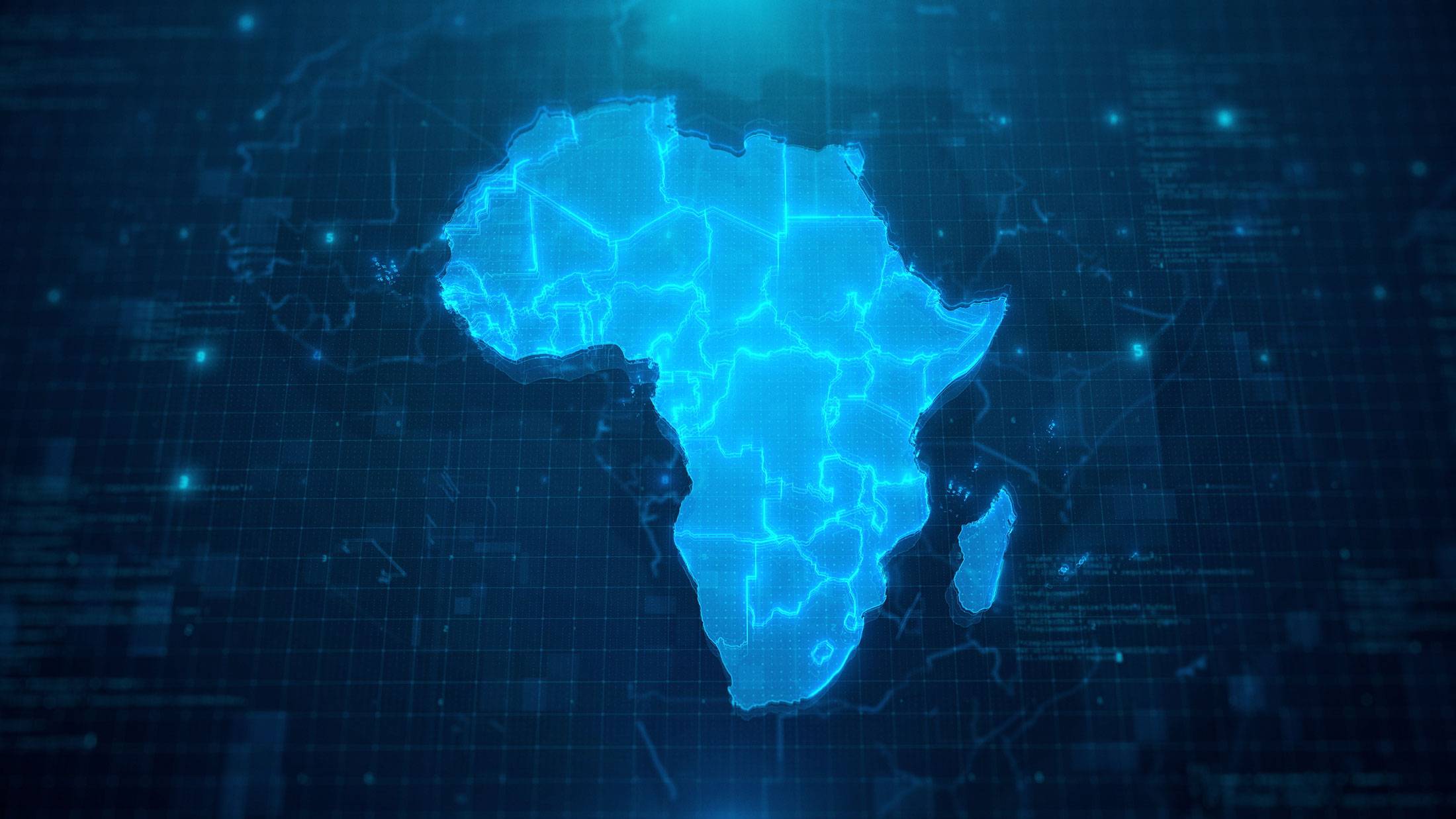Political science and peace and conflict studies major Fabrizio Montisci ’24, from Milan, Italy, describes his summer research on post-Cold War U.S. foreign policy toward sub-Saharan Africa.
This summer, I have been researching the effects that post-Cold War U.S. foreign policy toward sub-Saharan Africa has had in empowering authoritarian actors, mainly Russia and China, in such a diverse and growing region of the world. This project was made possible by the James Madison Fellowship, which has allowed me to pursue a topic of great academic interest to me under the supervision and guidance of Associate Professor of Political Science Dominika Koter, an expert in sub-Saharan African politics.
But why exactly is this topic relevant, and why does it deserve attention? Most critically, it is because of Africa’s growing importance as a global actor with the potential to shape world politics and economies.
Not only is Africa the second most populous continent after Asia, but it is also a region of the world that, after decades of exploitation from colonial actors, is becoming a powerful and game-changing economic power. For instance, Africa holds the largest share of natural resources in the globe, many of which, from lithium to copper, will be critical in our efforts to transition toward greener economies. If it wants to have access to these resources and markets, the United States must foster positive and mutually beneficial relations with all of Africa’s 54 countries.
However, some of the findings of my research have highlighted that the United States has been slow, following the collapse of the Soviet Union and the end of the Cold War, to comprehend the benefits of a strong and determined foreign policy approach toward Africa. This has left Africa open to growing negative influences from authoritarian actors, mainly China and Russia, which now have access to Africa in a way that the United States does not.
The influence of these two global actors is already proving damaging to many African nations and democratic institutions across the continent. While Russia’s Wagner Group has been linked to multiple instances of economic exploitation and extrajudicial killings, from Mali to Sudan, China’s no-strings-attached policy toward economic development in Africa, and its well-known debt-trap diplomacy, are hindering democracy-building efforts throughout the continent.
By contextualizing some of the most critical missteps taken by the United States after the Cold War, I am hoping to raise awareness of the dangers of allowing global authoritarian actors to become the dominant partners of African nations in the future. Finally, by changing its economic and political approach toward such an important region of the world, the United States has the potential to promote democracy-building and sustainable development in a way that China and Russia cannot.
